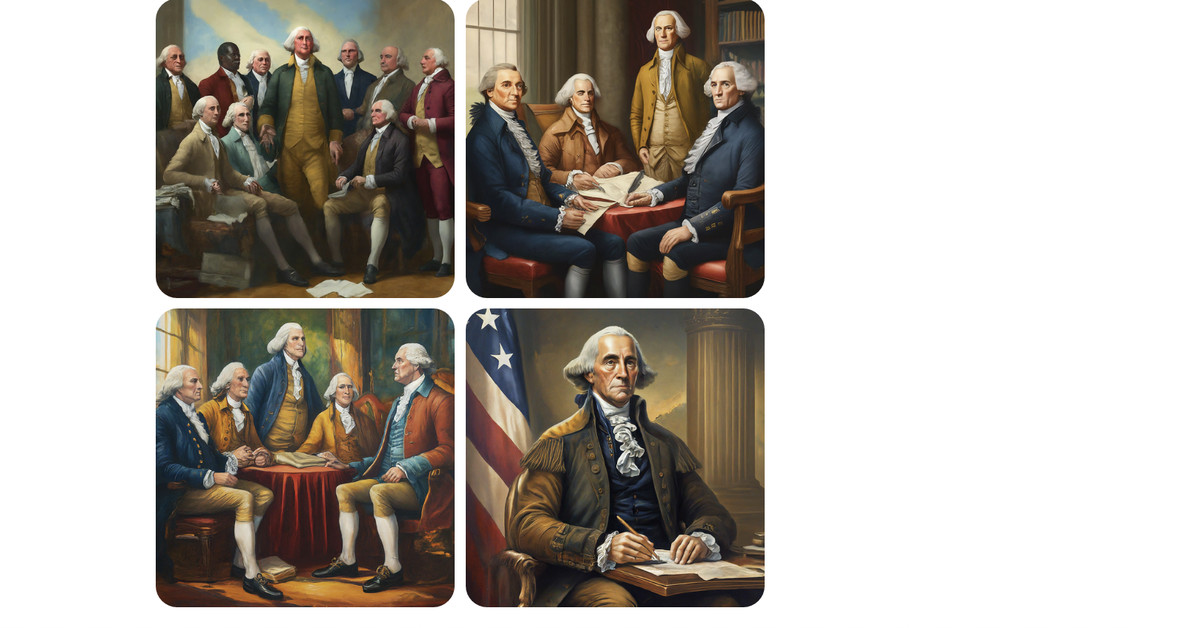Google apologizes for ‘missing the mark’ after Gemini generated racially diverse Nazis::Google says it’s aware of historically inaccurate results for its Gemini AI image generator, following criticism that it depicted historically white groups as people of color.



This is honestly fascinating. It’s putting human biases on full display at a grand scale. It would be near-impossible to quantify racial biases across the internet with so much data to parse. But these LLMs ingest so much of it and simplify the data all down into simple sentences and images that it becomes very clear how common the unspoken biases we have are.
There’s a lot of learning to be done here and it would be sad to miss that opportunity.
Not human biases. Biases in the labeled data set. Those could sometimes correlate with human biases, but they could also not correlate.
Not LLMs. The image generation models are diffusion models. The LLM only hooks into them to send over the prompt and return the generated image.
Who made the data set? Dogs? Pigeons?
If you train on Shutterstock and end up with a bias towards smiling, is that a human bias, or a stock photography bias?
Data can be biased in a number of ways, that don’t always reflect broader social biases, and even when they might appear to, the cause vs correlation regarding the parallel isn’t necessarily straightforward.